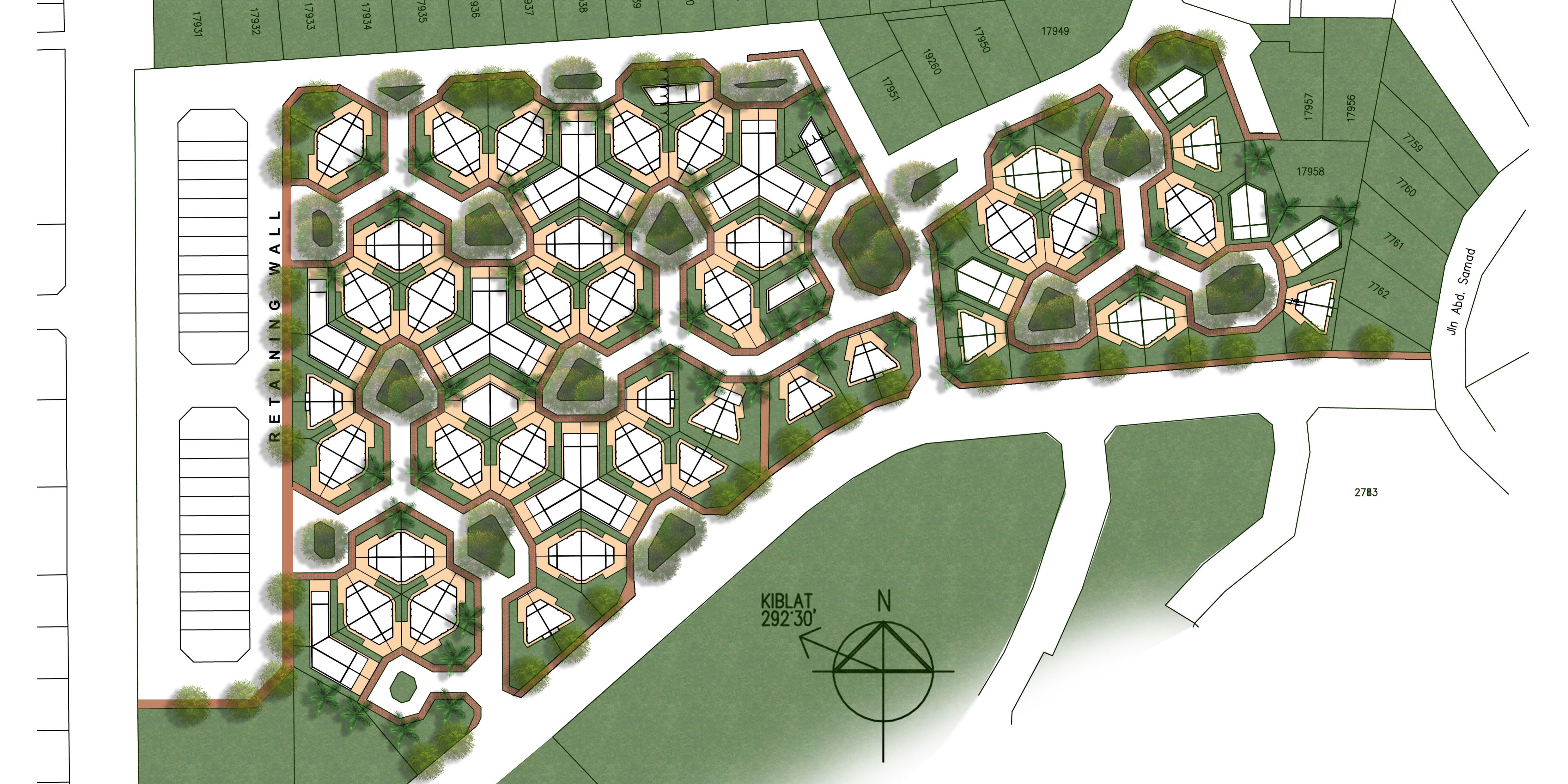MPs hit back at government’s proposed planning reforms
A new report from the Commons Housing, Communities and Local Government Select Committee has criticised Government’s proposed planning reforms, saying the proposals lack details and will fail to deliver more homes.
“Our evidence has suggested there are problems with the three areas proposal,” the MPs said. “These have included its potential unsuitability in urban areas; doubts over whether Local Plans will have the level of detail for developers to know whether their proposals will qualify for permission in principle and avoid using planning permission procedures; the uncertainty over the purposes of renewal areas; and the level of protection to be afforded in protected areas.
“Overall, we are unpersuaded the Government’s zoning-based approach will produce a quicker, cheaper, and democratic planning system. The Government should reconsider the case for the three areas proposal.”
However, some of its counter suggestions have already been greeted with fresh controversy. The report advocates giving housebuilders 18 months to commence work on a site before planning permission is revoked, reviving the popular myth of land banking.
Paul Smith, MD of Strategic Land Group, said: “These proposals are based on the false premise that house builders deliberately withhold new homes from the market. Whenever anyone has looked into claims of so-called land banking – and there have been six investigations over the last 17 years – the conclusion has been that it simply doesn’t happen.
“Rather than increase the number of homes being built, the suggested changes will only serve to increase the cost and risk of development – which will inevitably depress the number of applications being brought forward, with consequential reductions in housing supply.
“The 18 month limit on implementing planning permissions would be particularly damaging because it would effectively prevent landowners securing their own consent before finding a developer to build it – precisely the route that delivers some of the highest quality developments.
“Efforts to boost the supply of new homes should instead focus on planning for the right number of homes in the first place – local plans are currently aiming for less than two-thirds of the government’s house building target – while making the application process more predictable.”
More popular suggestions include beefing up planning departments, which have seen drastic cuts over the last 10 years.
Brian Berry, Chief Executive of the Federation of Master Builders, said: “I strongly support the Housing Committee’s calls for the Government to bring forward an additional £500 million over the next four years for local authority planning departments. This will help address significant delays in the planning process that are disproportionately impacting our smallest housebuilders.
“Almost 1 in 2 small to medium-sized (SME) house builders say that the planning system is one of the biggest constraints on their ability to build more homes. My members tell me that they typically wait one year for a determination on a small site. These statistics are unacceptable in the face of a national housing shortage, and when we are far from reaching the Government’s targets of building 300,000 new homes a year. We will only achieve this target by reversing the decline in SME housebuilders who once built 40% of new homes, but now just 12%.”
The committee echoed calls for greater clarity on how the Government will deliver its ambition for 300,000 housing units a year, and why this target was chosen. “The Government should publish the evidential basis for its 300,000 housing units a year target and set out how this target will be achieved, both by tenure and by location,” it said. “The Government should produce a strategy for increasing the extent of multi-tenure construction on large sites in line with the Letwin Review’s recommendations.”
The MPs also support ensuring that the additional housing being built includes affordable and social housing. “There should also be support and encouragement for local authorities to deliver specialist housing, particularly for elderly and people with disabilities,” it said.
The report also called on the government to prioritise brownfield land, and publish evidence explaining why housing targets could not be met developing brownfield land alone. It also criticised the National Design Code, which it claims will be difficult to incorporate into Local Plans covering an entire local authority.
Crispin Truman, chief executive of CPRE, the countryside charity, said: “It is no surprise the Committee of MPs is ‘unpersuaded’ by the government’s reckless and untested changes to the planning system. MPs, the public and civil society have been urging Ministers to radically rethink the proposals set out in the Planning White Paper, so that we can create the low carbon, well designed homes, green spaces and places of the future.
“Following evidence from CPRE and many more besides, it’s hugely encouraging to see the Committee’s focus on protecting the right of local people to engage in all aspects of planning. Under the government’s current proposals, we could see democratic input halved and local people stripped of the right to have a say on individual developments. We agree that local authorities must also be granted the powers and backing of central government to get sites with planning permission built out far more quickly.
“But there also needs to be a much better mix of new homes built in rural areas. The Committee’s call for affordable housing planning agreements to be kept could not be more timely. If these are lost, we fear the already paltry supply of much needed new social rented homes will dry up completely in many rural areas.
“As the chorus of opposition continues to grow, we’re calling on the government to radically rethink its changes to the planning system. What we need is clear targets in planning for tackling the climate and nature emergencies and enhancing and protecting our countryside, rather than a narrow obsession with building more and more housing, regardless of whether that housing meets local needs. By encouraging local people to take part in planning, holding developers to account and driving up build-out rates, we can begin to tackle the housing crisis head on.”
Source: Show House News













